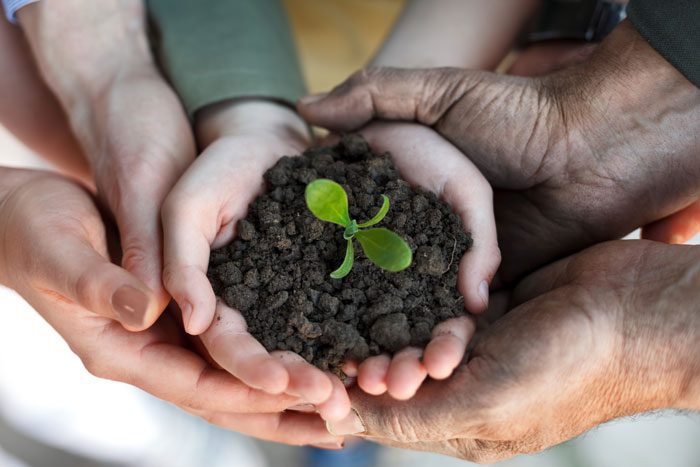By Sandy Baker
Families play an important role in addiction recovery.
When a spouse, child, or parent uses drugs, his or her actions impact the entire family. As a result, treatment for overcoming addiction should focus on the entire family unit. Each person needs support, understanding, and guidance.
Recognize the Impact on the Family
A person using drugs or alcohol may have physical symptoms. Mental health problems occur. Sometimes, individuals face life-threatening complications and overdose. They cannot hold down a job, and they begin to suffer financial distress. Yet, other signs of addiction’s impact on the family may not be as obvious. Take a closer look.
The Impact on Kids: How Drug Use Hurts Children
The impact of drug abuse on children is clear. The impact starts with environmental risks, such as not being cared for properly or lacking proper food, shelter, or support. Over time, these children may be exposed to dangerous situations as their caregivers who use drugs become more dependent. Children may be at a higher risk of neglect or abuse, according to the National Institutes on Drug Abuse. They also may suffer emotional abuse, such as more fighting in the home. Drug exposure to children may make them more susceptible to drug or alcohol use of their own as they get older.
The Impact on a Spouse: Individuals Suffer Within and Outside of Marriage
Substance use can be highly detrimental to a marriage. In any committed relationship, substance use disorder can lead to stress, anxiety, and fear. It can create financial distress, which leads to fighting and instability. Over time, emotional problems arise. One spouse cannot count on the other for support. A lack of trust develops.
High-stress situations can lead to abuse and neglect of either person. Divorce may seem like a solution in some cases, but many fear leaving their loved one. Could this individual survive without their support? And, in other cases, financial strain makes divorce hard to consider.
The Impact of Substance Use on a Parent: Self-Blame Can Occur
A parent of a person with a substance use disorder may also experience intense situations. Even if they have an adult child, if that individual is abusing drugs or alcohol, he or she may be dependent on a parent for financial assistance. The parent may hold a significant amount of self-inflicted pain.
Over time, this type of dependency can tax the relationship. It creates emotional abuse, financial destruction, and mental anguish. Parents may be at risk of suffering from anxiety, fear, and frustration over the child’s addiction.
The Family Must Go Through the Addiction Recovery Process
To heal and overcome addiction, each family member will need to work through the addiction recovery process. They need to:
- Admit a problem exists.
- Find the right type of support for their needs.
- Work through the emotional components of addiction and dependency.
- Seek out support from others.
- Maintain ongoing therapy to support their individual needs.
Though it may seem simple enough, the entire process can be draining and difficult. However, the reward can be well worth it.
The Importance of Family Therapy in Substance Abuse Recovery
Recognizing the challenges the entire family faces when it comes to substance use disorder is an important first step. From there, seeking comprehensive treatment for the whole family is necessary. The individual using drugs or alcohol must take the first step in entering treatment and detoxing, but family members should seek their own counseling and support as well.
From there, the need to develop a strong family treatment plan is important. Instead of targeted treatment for just one person, family therapy aims to address the group as a whole and how each member of the family contributes to a solution. Each person will need to understand their role, their needs, and their impact.
It is important to understand that family therapy is not about placing blame or pointing fingers. It is about understanding what happened, forgiving, healing, and moving forward.







